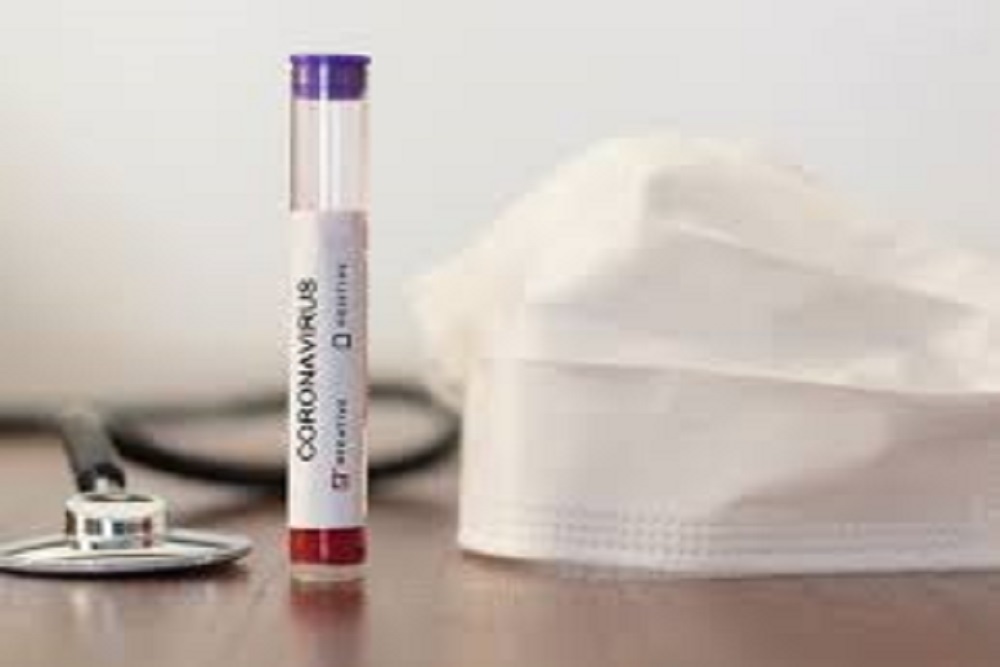City of St. Clair Shores issued the following announcement on Oct. 5.
The novel coronavirus (COVID-19) is a respiratory disease that can result in serious illness or death. It is caused by a new strain of coronavirus not previously identified in humans and easily spread from person to person. There is currently no approved vaccine for this disease. On March 10, 2020, the Michigan Department of Health and Human Services (“MDHHS”) identified the first two presumptive-positive cases of COVID-19 in Michigan.
Throughout the pandemic, Michigan has used a range of public health tools and guidance to contain the spread of COVID-19 and protect the public health, including via the Governor’s authority under the Emergency Management Act and the Emergency Powers of Governor Act. On Friday, October 2, 2020, the Michigan Supreme Court concluded that the Governor was not authorized by law to issue executive orders addressing COVID-19 after April 30, 2020, invalidating the executive orders on that topic.
Michigan was one of the states most heavily impacted by COVID-19 early in the pandemic, with new cases peaking at nearly 2,000 per day in late March. Strict preventative measures and the cooperation of Michiganders drove those numbers down dramatically, greatly reducing the loss of life. Although fewer than 100 new cases per day were reported in mid-June, cases have increased since that time, and recently nearly 1,000 new cases have been reported per day. To protect vulnerable individuals, ensure the health care system can provide care for all health issues, and keep schools open as we head into the influenza season, we must not permit the spread of COVID-19 to increase. This necessitates continued use of mitigation techniques to restrict gatherings and require procedures in order to reduce the spread of the virus. In the absence of the Governor’s emergency orders, it is necessary to issue orders under the Public Health Code addressing these topics.
Michigan law imposes on MDHHS a duty to continually and diligently endeavor to “prevent disease, prolong life, and promote public health,” and gives the Department “general supervision of the interests of health and life of people of this state.” MCL 333.2221. In recognition of the severe, widespread harm caused by epidemics, MDHHS has special powers, dating back a century, to address threats to the public health like that posed by COVID-19. MCL 333.2253 (“If the director determines that control of an epidemic is necessary to protect the public health, the director by emergency order may prohibit the gathering of people for any purpose and may establish procedures to be followed during the epidemic to insure continuation of essential public health services and enforcement of health laws. Emergency procedures shall not be limited to this code.”). See also In re Certified Questions (opinion of Viviano, J., concurring, at 20) (“the 1919 law passed in the wake of the influenza epidemic and Governor Sleeper’s actions is still the law, albeit in slightly modified form”); see also McCormack, C.J., dissenting, at 12. Considering the above, and upon the advice of scientific and medical experts employed by MDHHS, I have concluded pursuant to MCL 333.2253 that the COVID-19 pandemic continues to constitute an epidemic in Michigan.
I further conclude that control of the epidemic is necessary to protect the public health and that it is necessary to establish procedures to be followed during the epidemic to ensure the continuation of essential public health services and enforcement of health laws. As provided in MCL 333.2253, these emergency procedures are not limited to the Public Health Code.
Original source can be found here.


 Alerts Sign-up
Alerts Sign-up